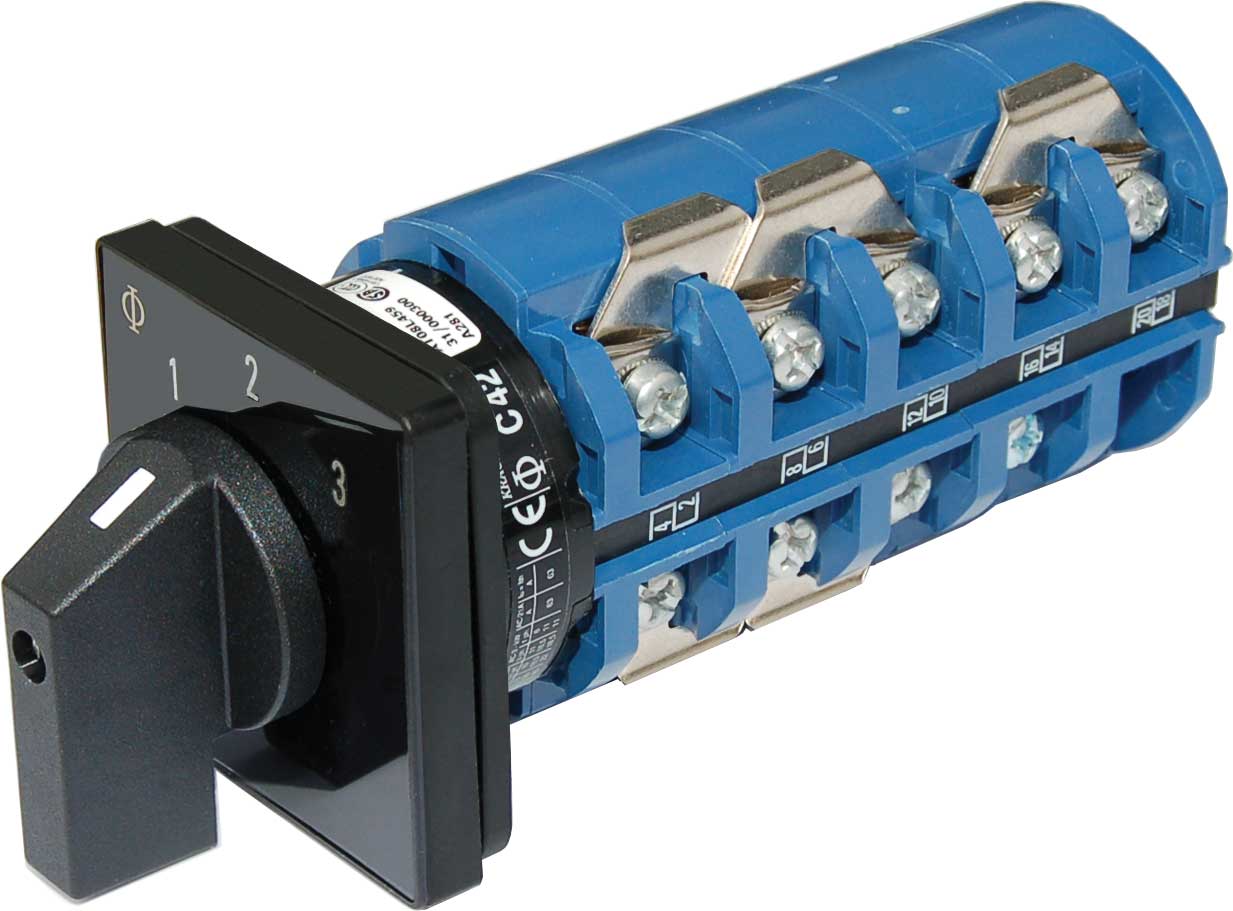Page 1 of 1
Shore Power Switch?
Posted: Oct 16th, '23, 09:42
by jackryan
I recently had my starboard shore power outlet replaced. The guy that replaced it said that most boats have shore power selector switch to choose which side you want to plug the shore power into--that way the power does not present a shocking hazard on the opposite side shore power outlet. MY 31 does not have such a switch. Apparently, its a safety issue not to have the switch--he said he was shocked when he touched the shore power outlet on the port side.
Do you guys have a shore power selector switch on your electrical panel?
JR
Re: Shore Power Switch?
Posted: Oct 16th, '23, 20:16
by Tony Meola
Jack
I only have one 30 amp inlet on the Port Side. Originally back in 75 that outlet was 20 amps, but we upgraded it when we repowered.
Re: Shore Power Switch?
Posted: Oct 17th, '23, 15:49
by THESALTYSATO
I have only one female for my 30 amp AC electrical panel. Also i installed a galvanic isolator close to the shore power panel to help with any stray AC current. I was told this would help with possible stray current coming from the pedestal. Additionally i have a direct second 30 amp receptacle that powers my Kims Hot Start engine block heaters (Yanmars 6LP). I got this idea from Bob Lico as it keeps my engines warm year round (thermostat is 80 to 100 degrees). No more cold starts in the winter as i use my boat almost year round and the engines do not sweat thus cutting down on rust and corrosion on electrical connections.
Re: Shore Power Switch?
Posted: Jan 22nd, '24, 17:54
by jackryan
Thanks for the reply's. My boat must have been retrofitted with an additional shore power inlet. I have two shore power inlets, one just outboard of each engine box. I am thinking that an isolation switch should have been installed when the additional shore power inlet was installed.
Re: Shore Power Switch?
Posted: Jan 23rd, '24, 06:35
by Bruce
Yes Jack you need to put a port/stb transtion switch in to prevent live prongs since the outlets have male connectors. Thats a big safety issue.
Not sure how they wired breakers in but usually its a pair of breakers next to each other with a slide stop over top to prevent both sets of breakers being on.



